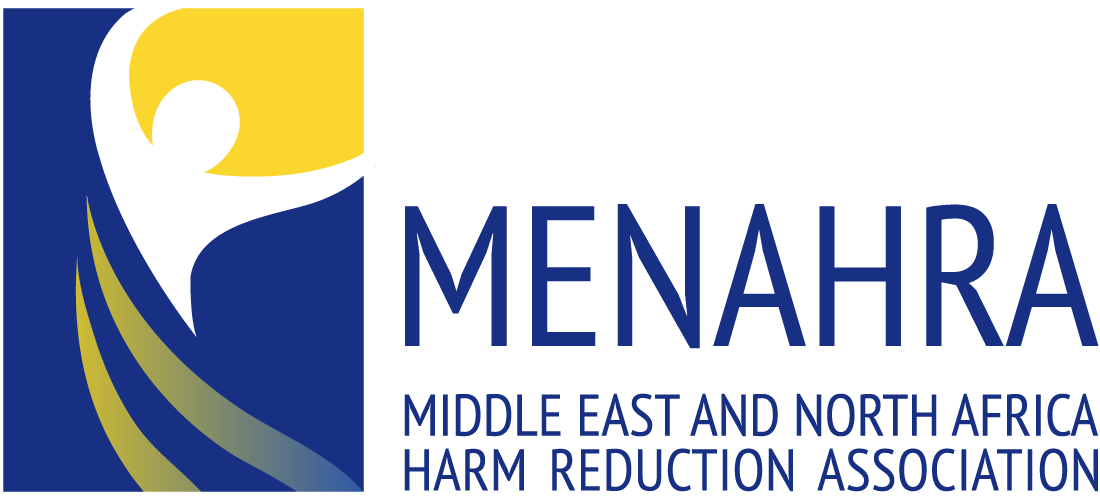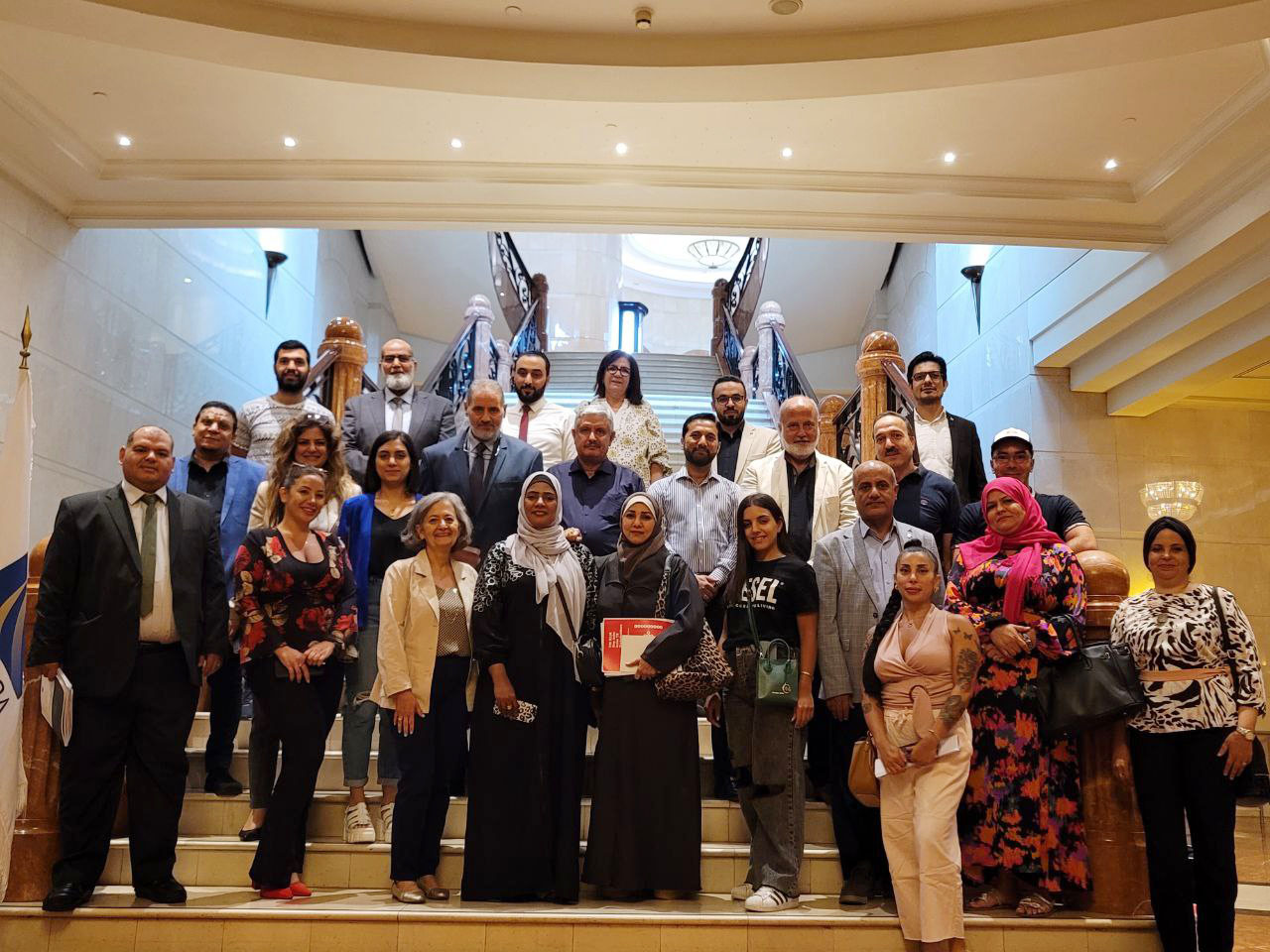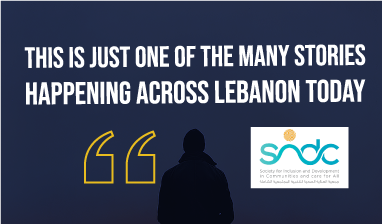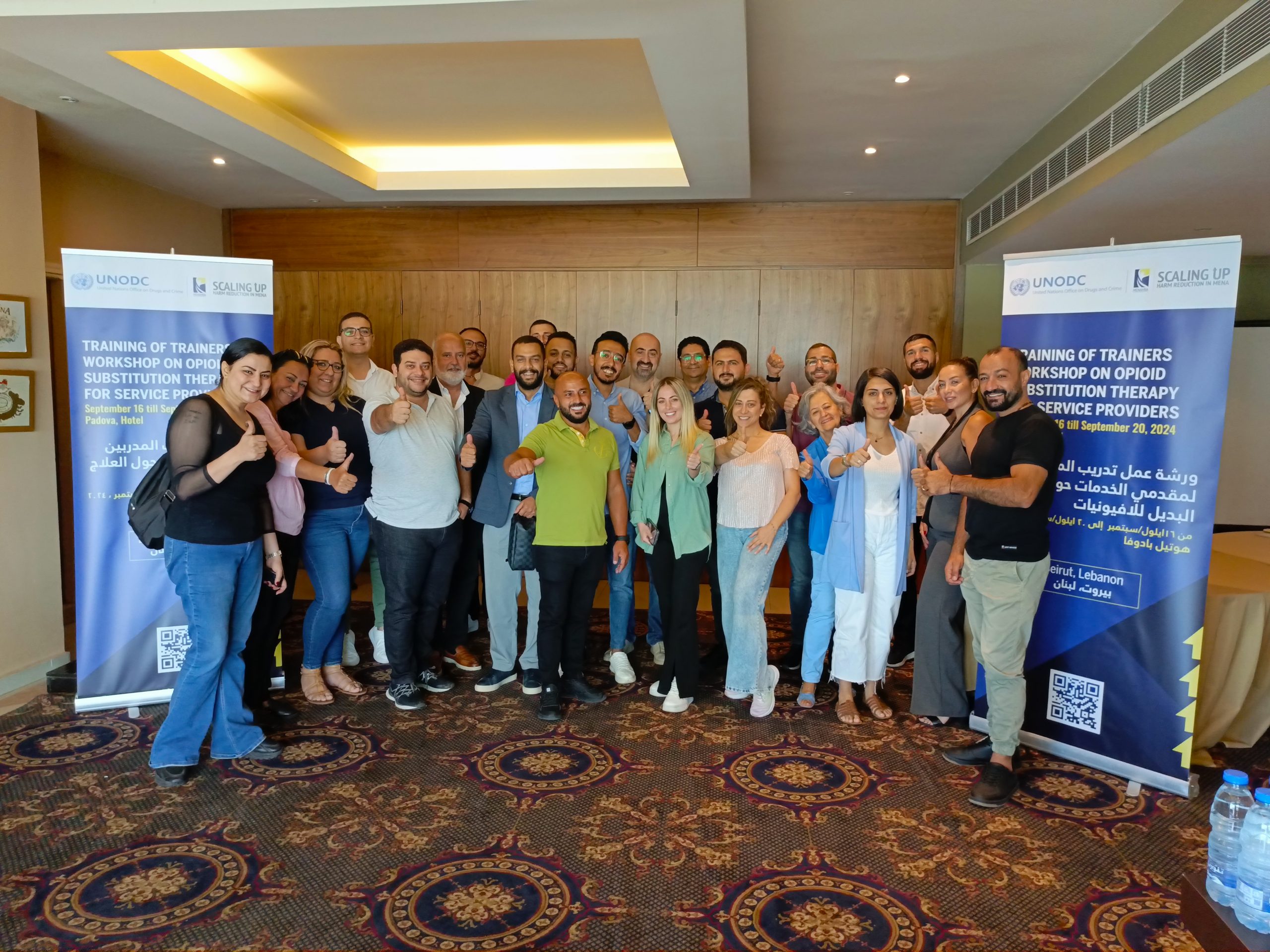- The Middle East and North Africa Harm Reduction Association MENAHRA has successfully concluded the Regional Consultation Meeting on TB, which took place in Beirut on August 7, 8 & 9, 2023. The consultation brought together a consortium of prominent stakeholders to discuss critical issues, advocate for harm reduction, and outline comprehensive national plans. Furthermore, the meeting focused on the UNHLM 2023 processes and procedures post-COVID-19 and their implications for TB services and harm reduction programs for KPs in the MENA region.
The consultation convened key stakeholders in the MENA region, employing interactive methods that included national TB program managers, AIDS program managers, representatives of key populations, and civil society organizations. Key priorities identified included advocating for PWUD inclusion, scaling up services, data integration, and effective communication.
The collaborative dialogue unveiled the following key priorities:
– Advocating for PWUD Inclusion: Recognizing the unique needs of PWUD and the importance of their inclusion in TB management.
– Scaling Up Services: An urgent call to expand TB services and reach underserved populations.
– Data Integration: Emphasizing the need for coherent data integration to inform strategic decision-making.
– Effective Communication: Highlighting the importance of clear and concise communication strategies in the fight against TB.
In a significant step forward, specific national TB plans were devised, featuring recommendations tailored to address the challenges faced by PWUD. These recommendations include enhanced Civil Society Organization (CSO) engagement, addressing socioeconomic barriers, and improving access and coordination. Each participating country has committed to outcomes and activities in alignment with their respective national plans.
Mobilizing Support
Crucial stakeholders were identified, including governments, United Nations agencies, CSOs, media, community representatives, experts, and donors. It was underscored that support must take the form of guidance, technical assistance, advocacy, and funding. Countries were urged to meticulously analyze stakeholder roles and interests to take appropriate actions.
Turning Vision into Reality:
To achieve the outlined goals, support was deemed indispensable for integrating TB and HIV services, establishing robust monitoring systems, implementing ratified conventions, and securing adequate funding. MENAHRA pledged to engage in detailed discussions with participating countries to establish Specific, Measurable, Achievable, Relevant, and Time-bound (SMART) indicators and activities to address risks. Selection criteria for support include disease burden, data availability, harm reduction program implementation, CSO involvement, and government commitment.
UN High-Level Meeting Amplifies Voices:
During discussions at the United Nations High-Level Meeting (UNHLM), crucial issues came to the forefront, including disparities in harm reduction implementation, the stigma associated with TB, limited access to TB services, and increased funding needs. It was stressed that integration, strategic partnerships, and active involvement of the PWUD community are vital components of the way forward.
A Roadmap for Progress
In summation, the MENAHRA regional TB consultation facilitated collaboration, advocacy, and the development of national plans for TB and harm reduction in the MENA region. The outcomes provide a roadmap for progress, prioritizing PWUD needs and engaging stakeholders to improve TB services and PWUD health in the region.







